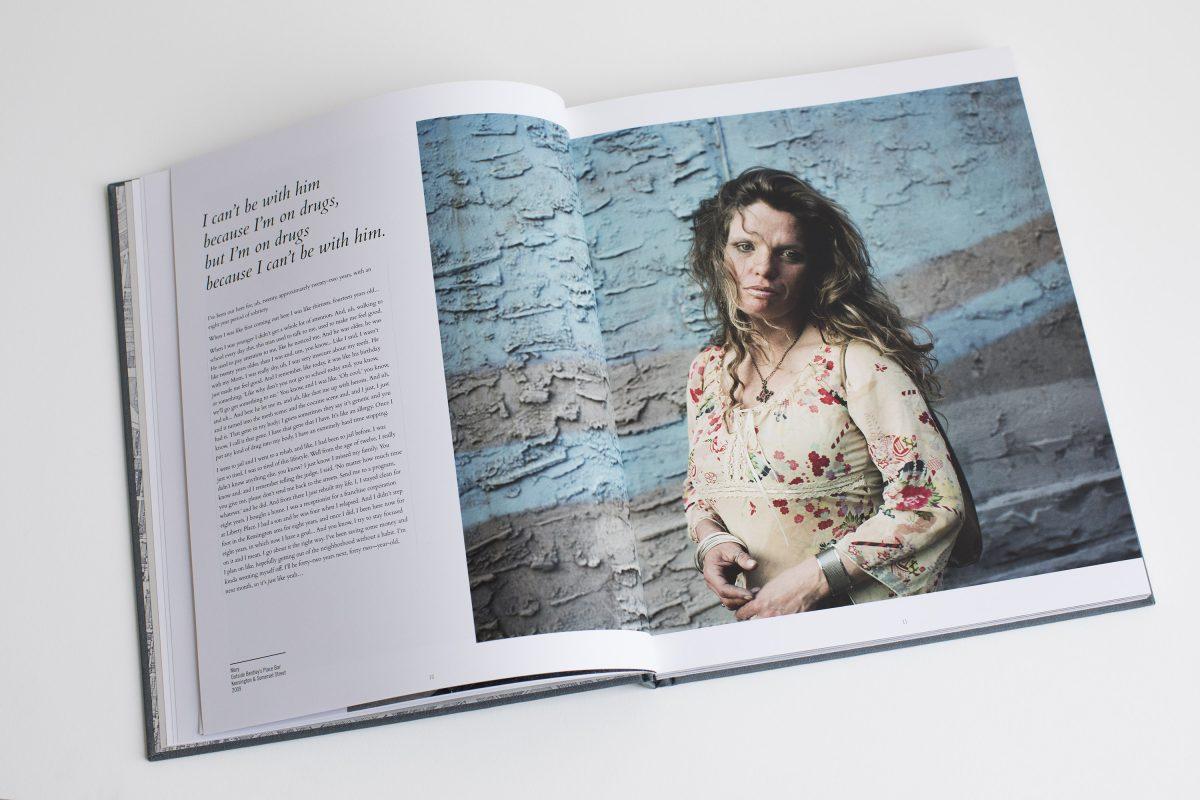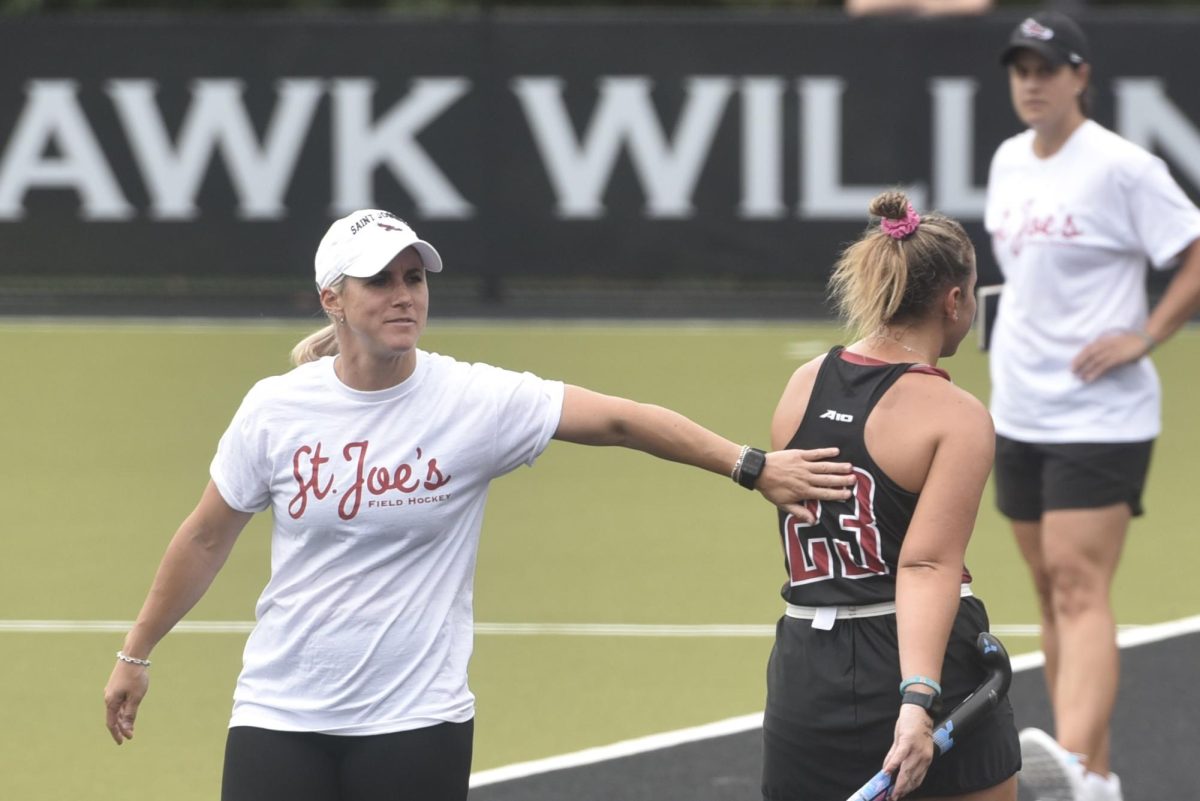New residence option for students in recovery
Students who are active in recovery have the option to live in substance-free housing on campus beginning in the fall of 2018.
Although many details are still in the works, students were told in a March 5 email from the Office of Residence Life the housing will be open to interested students of all class years who show interest. The housing may be located in the Morris Quad townhouse community, the email stated.
“It would give them a chance to be themselves and meet others they can relate to,” said Katie Bean, assistant director of Student Outreach and Support and WADE. “The hardest thing for anyone is feeling alone. If you feel like no one else is knowing what you’re going through then that’s the hardest thing. If you know that you are not alone and people can relate to you then that’s huge.”
Recovery housing is an opportunity for students who are in recovery to live in a space with others who are also in recovery, so they are able to support one another. Other colleges in Philadelphia, like Drexel University and Temple University, offer this type of housing as well.
The Haven at Drexel is partners with The Haven at College, a national organization that provides recovery communities and programs to college campuses.
“It came about when I met my business partner when we were in sober living,” said Holly Sherman, B.A., LL.B, J.D., Co-CEO of The Haven at College. “We met a lot of young people who were recovering. They had to take time off of school to get sober and then they would gain some ability and sobriety and then go back to college in attempt to finish their degrees, and they ended up relapsing and coming right back to treatment.”
The Haven at Drexel provides students with recovery housing with a capacity of 10 students, a 12-step program, peer mentoring and confidential peer support.
“Almost everyone that is in the house right now says they don’t think they would have made it without going to The Haven,” said Bob Ackley, program director for The Haven at Drexel. “The Haven has been powerful because it has allowed them to move forward academically, and in their recovery through the support of the other residents, me, the house managers and the other recovery support that we help put in place for them.”
Of the St. Joe’s students in recovery who work with WADE, so far two students have showed interest in recovery housing. Others have already signed a lease to live off-campus, and another is comfortable with the living situation she is in.
Although she has an off-campus lease, Sara Fuller ‘19 said other students in recovery would benefit from the option to live with students like them.
“A lot of colleges are moving towards having some type of sober living,” Fuller said. “I think that’s huge. For a lot of kids, that gives them a safe place to go. I got clean in the dorms and it was hard, being the only one. I felt like the only one. I don’t know if I was or not, but it’s definitely hard. It just kind of makes it more challenging.”
Bean hopes that even if the space is not full of students, the university will still be able to follow through with the housing.
“What would be the worst was if we had some students interested and not be able to do it just because we don’t have a full space,” Bean said.
The process for applying to this living space will be somewhat similar to any other living space at St. Joe’s but with an agreement for sobriety along with it.
“There would be additional components with that agreement that have to do with sobriety,” Bean said. “We say no alcohol in the halls, but there is a different level of that, so the agreement would look different.”
There will also be a live-in house manager called a Recovery Community Assistant living with the students in recovery. A job description is currently up on the SJUcareers site for a graduate or older student to fill the position.
“The Recovery Community Assistant will be the live-in professional overseeing the day-to-day operations that support students living in the Recovery House,” the job description states. “The Recovery Community Assistant will serve as a role model and leader within the community and must have a deep understanding and appreciation for a recovery lifestyle.”
Understanding is one of the most important outcomes from recovery housing, according to Bean.
“I like to call it recovery IQ,” Bean said. “It will increase the recovery IQ of everyone who is not in recovery, and it will get them more comfortable and approachable. It will help the whole campus be more open which in turn helps the students, because now they are in a space where there are more allies.”
















































